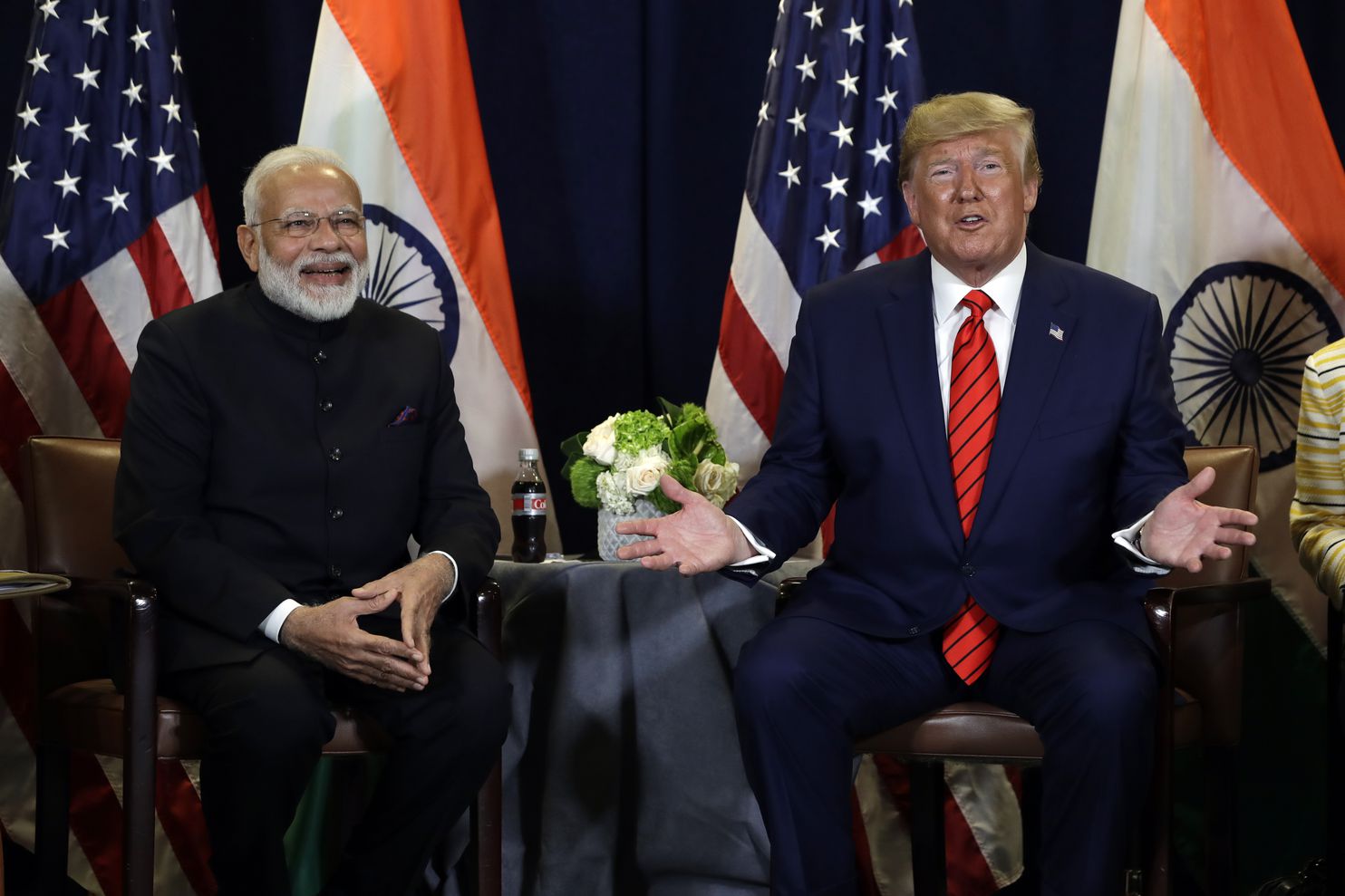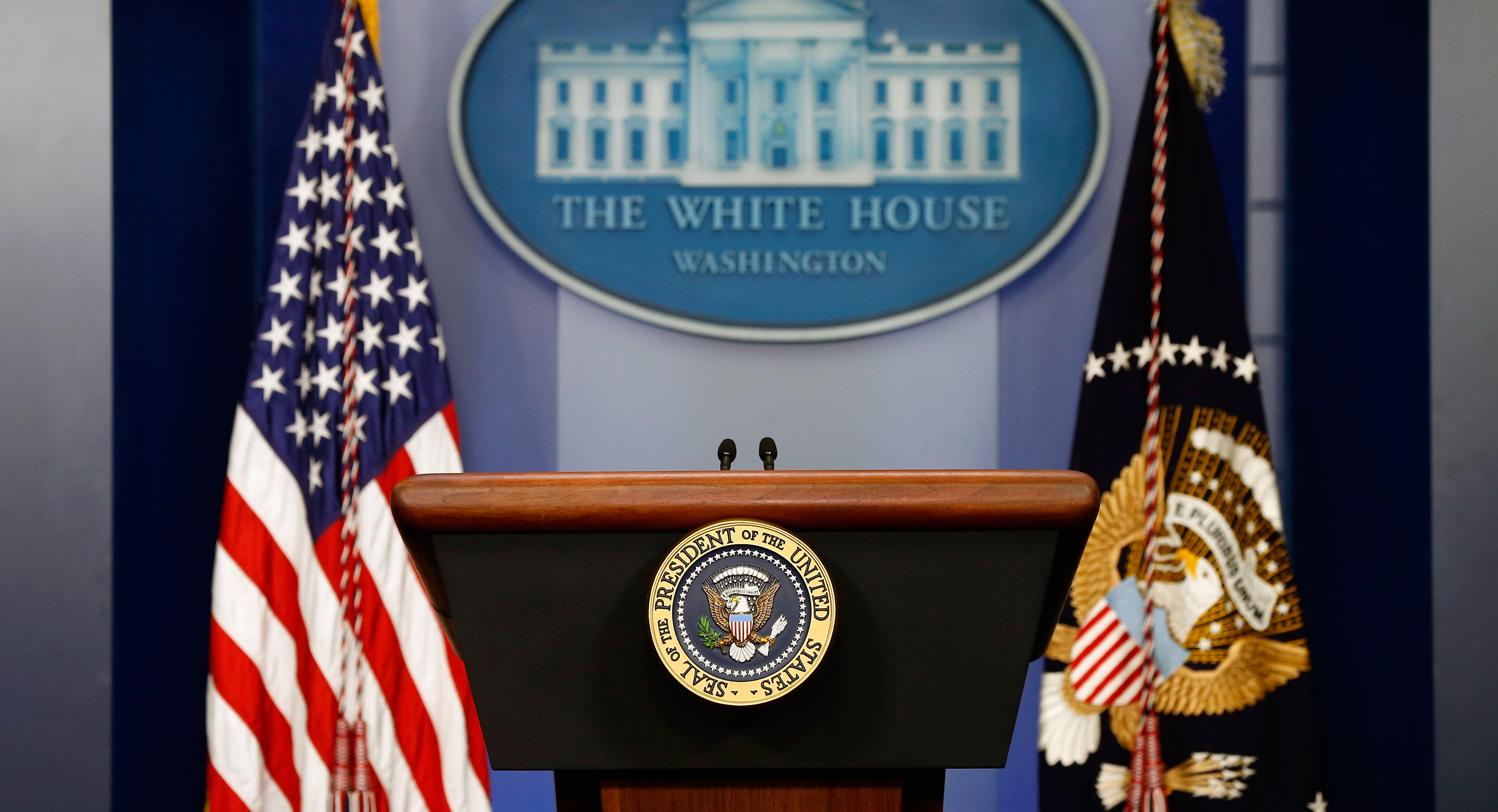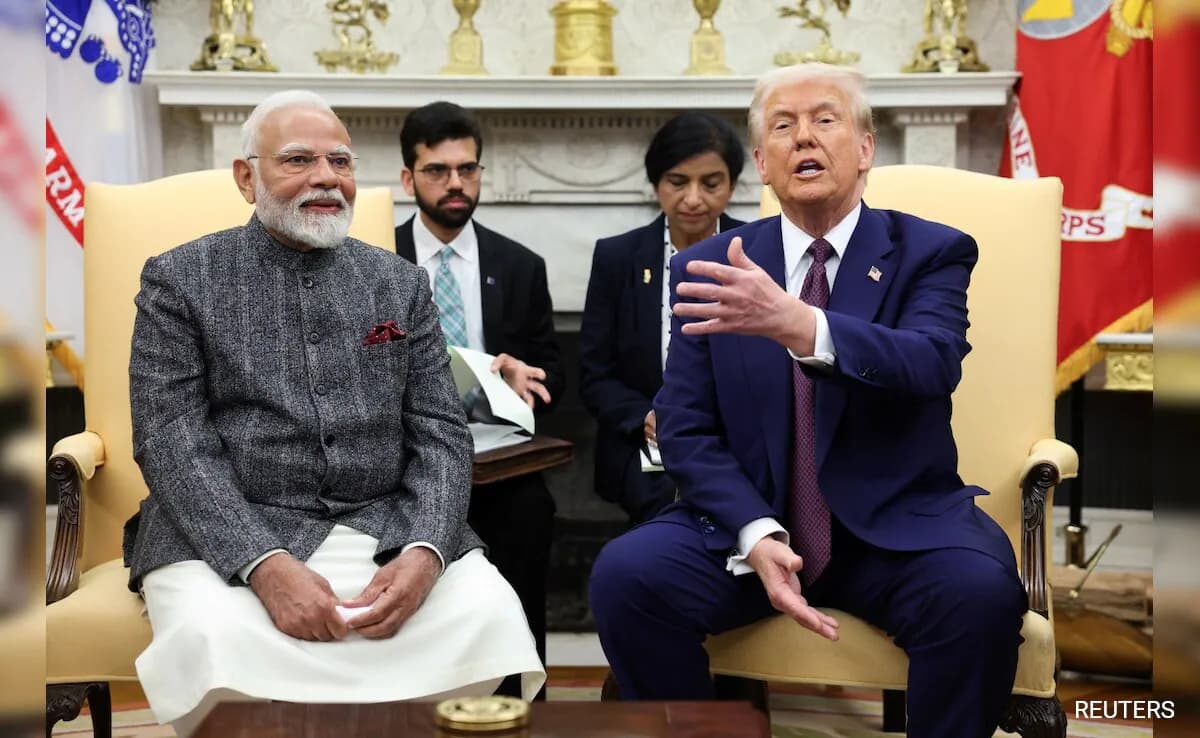The ongoing trade negotiations between the United States and India reveal a troubling reality: the stakes for ordinary citizens are overshadowed by the machinations of political power players. As reported by Reuters, India"s efforts to secure a trade "mini-deal" with Donald Trump have hit substantial roadblocks, leaving millions vulnerable to economic instability.
Trade Talks Stall Amidst Political Posturing
In April 2025, President Trump imposed reciprocal tariffs on various countries, including India, which pushed the latter to the forefront of negotiations. With the United States facing a staggering $45.7 billion trade deficit with India in 2024, according to USTR, the urgency for a trade agreement has been palpable. However, despite months of negotiations, the expected interim deal remains elusive. The complexities are not just about numbers but about people—farmers, workers, and small business owners who depend on stable trade relations for their livelihoods.
Consequences for Vulnerable Populations
The failure to reach an agreement has immediate repercussions for the most vulnerable sectors in India. Tariff disputes over agricultural products and steel have left farmers and workers uncertain about their future. As reported by Reuters, disagreements on duties for these essential goods exacerbate the plight of those already struggling. The looming threat of increased tariffs not only risks economic hardship but also poses a threat to food security in a country where millions live below the poverty line.

The Latest: Trump suggests ‘father of India’ title for Modi - The ...
Political Gamesmanship at the Expense of Progress
Trump"s strategy appears to be one of political expediency, leveraging trade as a tool for domestic posturing rather than as a means of fostering genuine international cooperation. The negotiations have dragged on, with each side playing a game of chicken that ultimately puts the most disadvantaged at risk. As reported by the White House, the focus on tariff reciprocity seems more about balancing political narratives than addressing the real-life consequences for those affected by these policies.
Demands for Fair Trade and Accountability
It"s essential that voices advocating for civil rights and social justice amplify the call for fair trade practices that prioritize human well-being over corporate interests. The conversations surrounding trade agreements must include perspectives from grassroots organizations, labor unions, and vulnerable communities. As reported by the International Trade Administration, there is no formal trade agreement between the U.S. and India, which underscores the need for urgent reform and accountability in trade negotiations. Stakeholders must push for policies that foster equitable trade relations, ensuring that economic agreements do not come at the expense of marginalized communities.

Daily White House press briefing to stay in the West Wing ...
Urgency for Action
The clock is ticking as the July 9 deadline approaches, leaving many to wonder if the political theater will yield any tangible benefits for the people who matter most. Without swift action, the consequences of failed negotiations will be felt far and wide. The stakes in these discussions are not just economic; they encompass the dignity and rights of individuals who depend on these agreements for their livelihoods. The question remains: will the leaders involved prioritize profit margins and political gains over the needs of their most vulnerable citizens?



![[Video] Gunfire between Iraqi security forces and Sadr militias in Baghdad](/_next/image?url=%2Fapi%2Fimage%2Fthumbnails%2Fthumbnail-1768343508874-4redb-thumbnail.jpg&w=3840&q=75)
